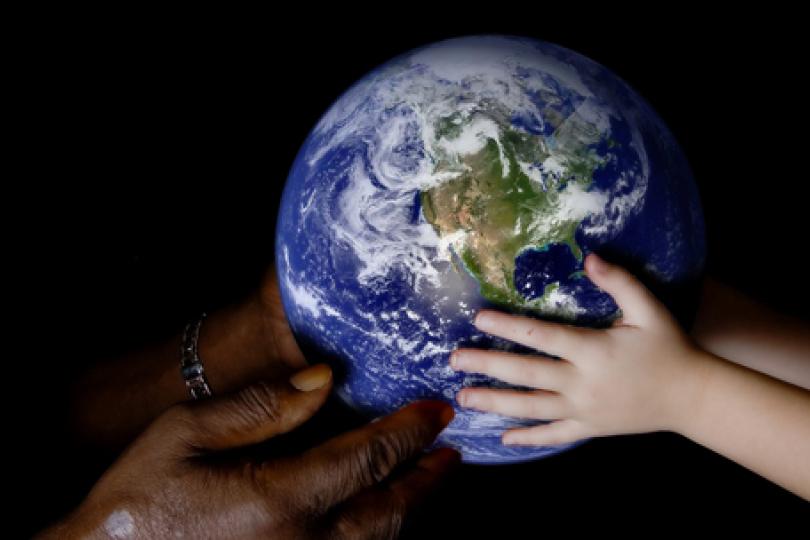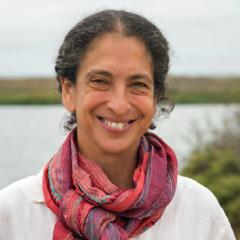Race matters in environmental leadership
The recent events in Charleston, SC, and the tragic church burnings in the south have become a call to action for me – suggesting that no matter what specific issue area or sector of social, environmental or other community work we are engaged in, we have a responsibility to each other and to communities of color to participate and learn how to engage with each other on matters of race, privilege and class. The privilege we share through our education, recognition for our work and the credibility we bring to scientific and community realms can separate us from the social justice issues that face communities we work with or live alongside every day.
I was in New York City visiting my elderly mother when the Charleston shooting occurred and even in this extraordinarily diverse city where I grew up, the cross-racial dialogue was minimal and awkward except among close friends. And among environmental colleagues we may wonder what do violent and complex events like these have to do with our work? And whether we think they do or not, how as individuals do we respond to the events and to each other in times filled with reminders of cultural injustice that still permeate our society, the media and politics?
It is hard to write or even talk about it without being simplistic, at least in this context. I want to invite Fellows of ALL backgrounds to help me and the Foundation think through how we as an organization, and as a community of leaders, can take this moment of deep tragedy and pain to reflect on our role in leading towards social justice, equity and deep compassion and understanding of the many dimensions of difference – race, class, privilege and more.
I feel honored to be part of this diverse group of leaders, and yet I know that our faces still largely mirror the face of privilege in society. As our definitions of environmental work expand and the ways in which we engage with communities broaden to include grassroots efforts, marginalized communities and environmental inequities at all scales, what leadership skills and awareness must we cultivate within ourselves and within our environmental community?
I have begun conversations with a few of you about how we might begin a dialogue or training at the fall retreats, designed for alumni, to help us begin to bridge perspectives within the Switzer Fellowship as a first step. If we can begin to share our own experiences and stories of identity, then maybe our relationships with each other can help lead the way to a better world. Please contact me if you would like to help us plan or participate in such a gathering and dialogue at the fall retreats. May these tragedies in our midst can shine light towards a path of equality for all beings in our world.

